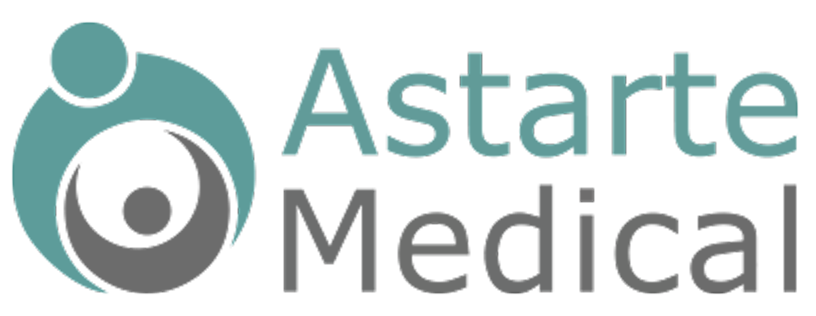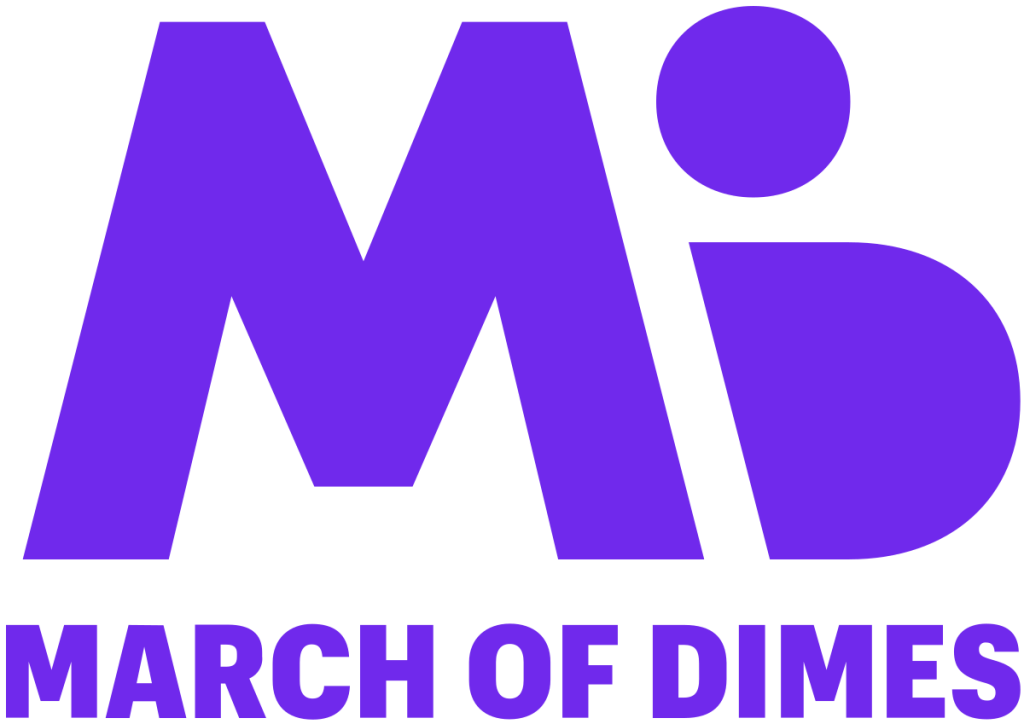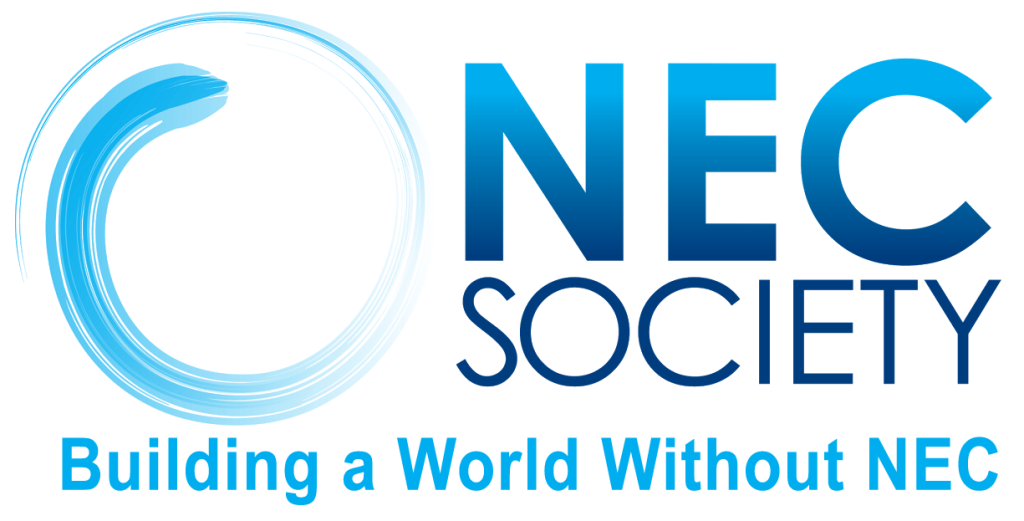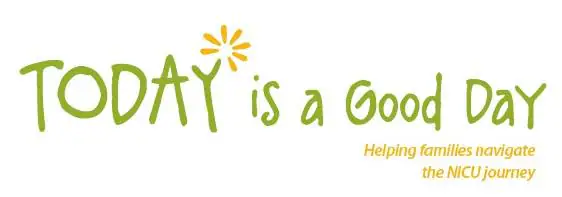By Tammi Jantzen, Co-Founder and CFO
Our Journey: Why Astarte Medical?
We’ve all had that moment when the proverbial light bulb turns on in our heads. For us, it happened exactly four years ago today in Boston.
After working together for almost 15 years in venture capital, Tracy Warren and I set out to blaze a path investing in companies we were most passionate about – those with technologies focused on women’s and children’s health and wellbeing. We knew this was a largely underserved area of innovation and investment, and we wanted to make an impact.
In an attempt to gain insights into clinical needs and pain points, we visited women’s and children’s hospitals across the country talking to innovation groups and researchers. It was during a visit to Brigham and Women’s Hospital in Boston on July 9, 2015 that we met Katherine Gregory, RN, PhD. Kate had a unique background having hands-on clinical experience alongside academic and research credentials. She started her career as a neonatal ICU nurse taking care of the tiniest patients, premature infants in the NICU. Kate had become increasingly frustrated losing babies to a devastating GI disease, necrotizing enterocolitis (NEC). To understand this problem better, she went and got her PhD in mucosal immunology and had been doing research on preterm infant microbiome and gut health for several years.
In that initial meeting, Kate opened our eyes to the challenges of premature infants and early life nutrition, and we were immediately hooked. On the cab ride back to the airport, Tracy and I wholeheartedly agreed – we were going to work with this rock star. At the time, we had no idea what the product would be, but we knew it was worth the time and energy to figure it out.
Babies Born Too Soon
Having been blessed with two healthy full-term kids myself, I didn’t know much about premature infants. Did you know that infants can survive at just 22 weeks gestational age? That is a little over half-way through a term pregnancy. Fifty years ago, babies born too soon had little hope of survival. Incredible strides have been made in areas like the heart and lungs, but there is still so much to understand about another super important organ – the gut, also known as the intestinal microbiome.
Tracy and I spent the next nine months educating ourselves on the growth and developmental challenges faced by these tiny and vulnerable, yet fierce, little fighters. We threw ourselves into the research. We read countless papers on microbial health risk factors – like nutrition, mode of birth, and antibiotic use – and how each of these factors influence or are influenced by the microbiome. But what we found was that they were separated into siloed buckets of research. What if we could look across all of these silos at the data and see how these factors, taken together, interact and impact outcomes?
Big Data For Little Babies
Initially, Kate was seeking funding for her lab. The BabyBiome Study would enroll preterm infants admitted to the NICU, and weekly urine and fecal samples would be collected for analysis, along with clinical factors about mom and baby. The goal was to determine the clinical risk factors that influence the establishment of the microbiome and how it changes over time given all the things that happen to the baby throughout their course of stay in the NICU. There is a treasure trove of data collected as part of routine care but it is buried in the electronic medical record. Marrying this clinical data with microbiome sequence data and correlating it with outcomes was the big idea.
But as capitalists, we couldn’t just fund research. We had to figure out how to create a product, commercialize it, and make money on it. Combining evidence-based research, big data analysis, and innovative software was the way to do it.
The Light Bulb That Led To The Company
That first meeting with Kate was the catalyst for our shift from investors to entrepreneurs. Although we didn’t know at the time we would ultimately build a software and predictive analytics company, we were both overwhelmed with excitement about starting something that could make a real difference in the lives of these babies and their families. Since then, we have frequently reflected on that light bulb moment. It was the spark that led to the founding of Astarte Medical.




